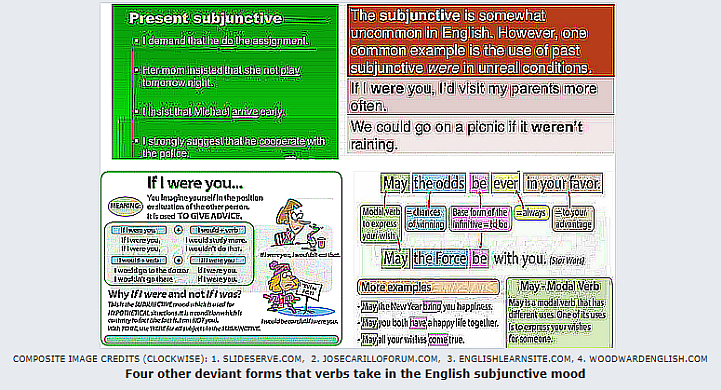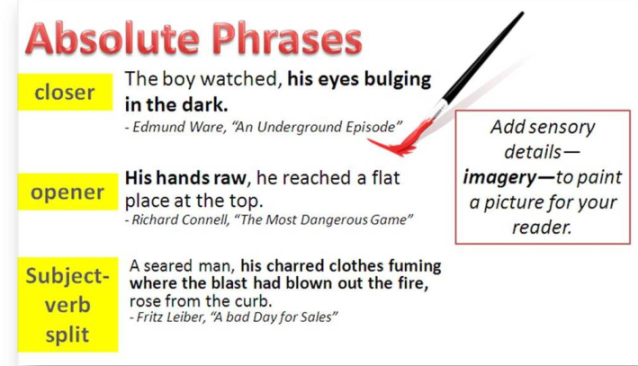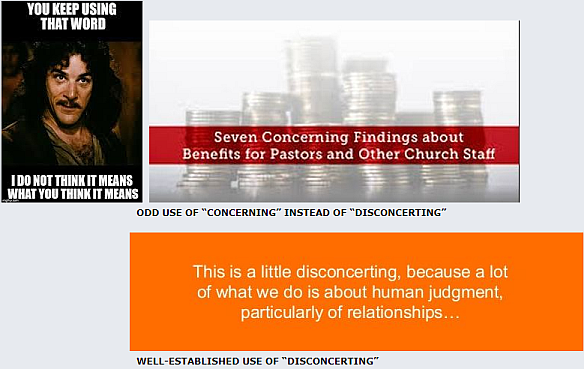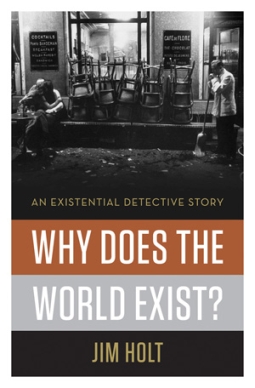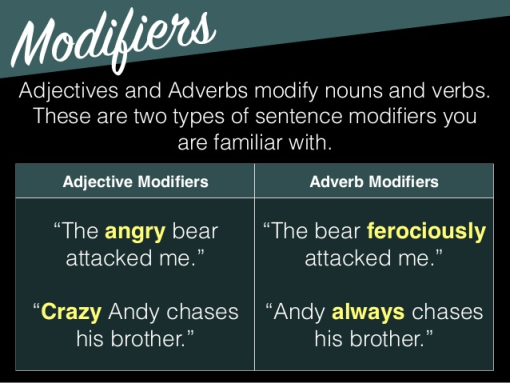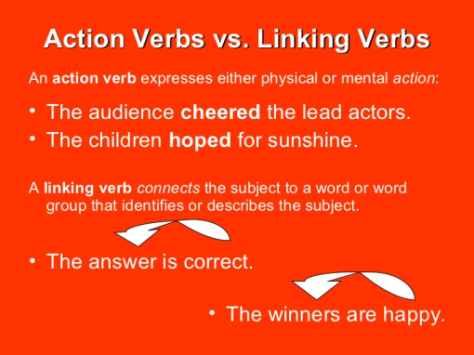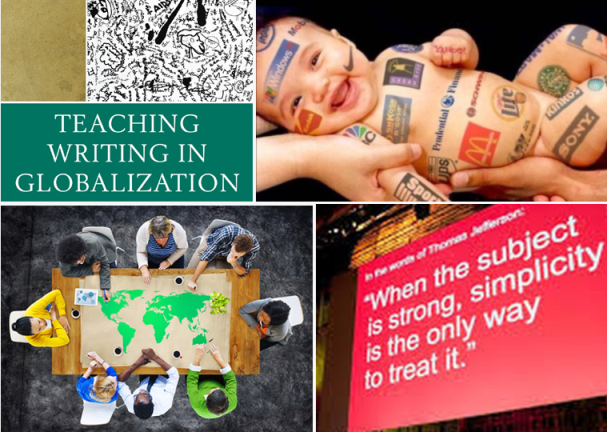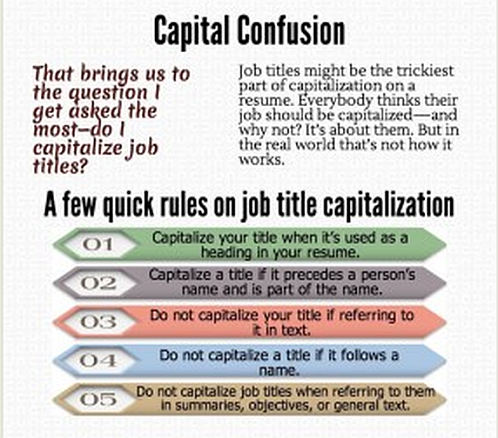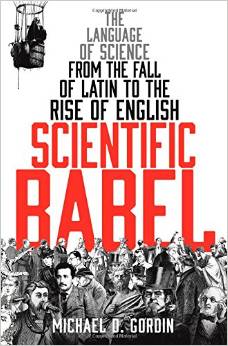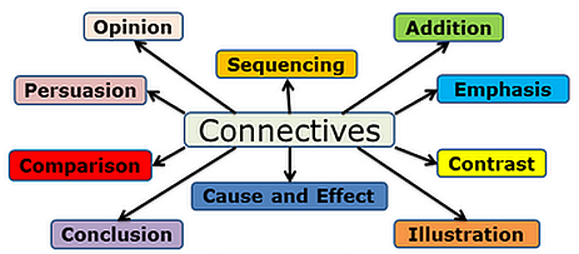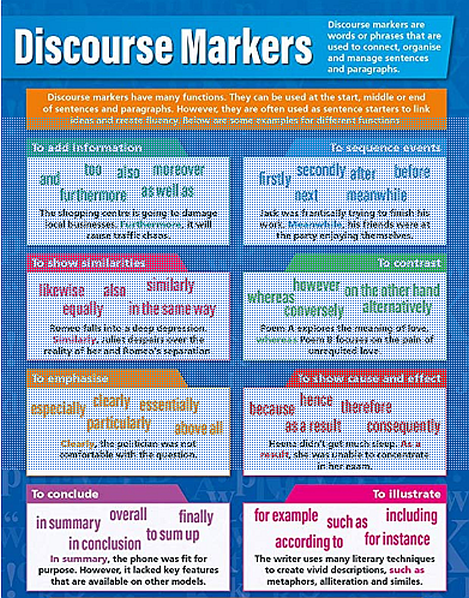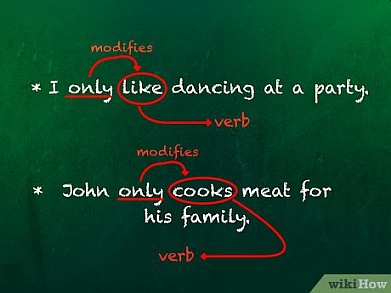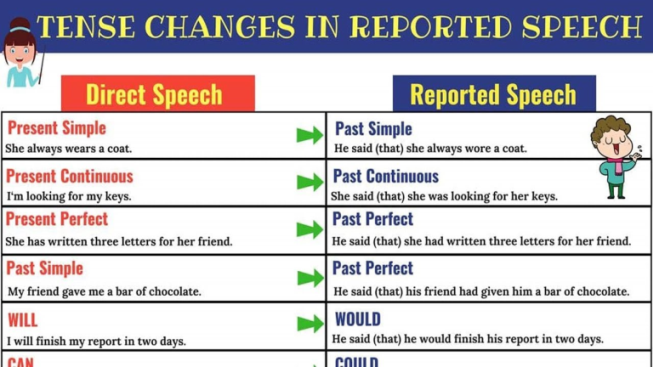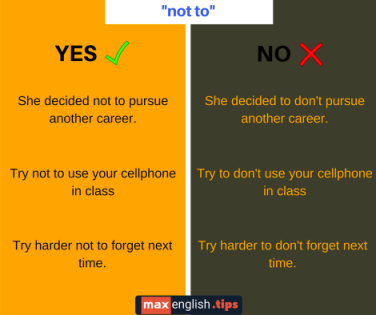21
Lounge / Retirement benefit remains most availed SSS benefit reaching P156.7 B in 2023
« Last post by Joe Carillo on March 08, 2024, 03:07:47 PM »The Social Security System (SSS) said it released PhP156.7 billion retirement benefits to 2.2 million members in 2023, making it the most availed SSS benefit last year.
SSS Vice President for Benefits Administration Division Joy A. Villacorta said that of the 4.7 million benefits disbursed to pensioners, members, and their beneficiaries in 2023, nearly half or 47 percent received retirement benefits.
Villacorta said SSS released about PhP156.7 billion in retirement benefits to 2.2 million payees in 2023, up by 10.7 percent from the PhP141.5 billion retirement benefits given to over 2 million payees in the previous year. The majority of these payees, at around 87.46 percent of the total, are pensioners.

“Retirement benefit is a cash benefit being granted by SSS to a member who can no longer work due to old age. Members who paid at least 120 monthly contributions will get a lifetime monthly pension while those with less than 120 monthly contributions will receive a one-time lump sum amount,” Villacorta explained.
She said that death benefit came in second with a total release of PhP70.1 billion to 1.4 million beneficiaries last year, slightly lower than the PhP70.2 billion death benefits to 1.3 million beneficiaries in 2022.
“SSS grants cash benefit to beneficiaries of a deceased member. Deceased SSS members with 36 monthly contributions will entitle their beneficiaries to a monthly pension. In comparison, beneficiaries of those with less than 36 monthly contributions will get a one-time lump sum amount,” she added.
Maternity benefit follows with a disbursement of PhP14.1 billion to 357,000 members in 2023, which rose by 9.6 percent from about PhP12.9 billion recorded in 2022.
Villacorta said that female members who have paid at least three monthly contributions in the last 12 months before the semester of childbirth, miscarriage, or emergency termination of pregnancy can avail of the maternity benefit. As provided in the Expanded Maternity Leave Law (EMLL), the SSS maternity benefit is paid to an eligible member at every instance of her pregnancy since March 2019.
Meanwhile, Villacorta noted that disability benefit came in fourth, with PhP7.5 billion released to over 130,000 members last year, a 16.3 percent increase from the PhP6.4 billion released in 2022.
“Members who become disabled either partially or totally can receive a monthly pension or lump sum amount under the disability benefit. Members who have paid at least 36 monthly contributions are qualified to get a monthly disability pension while those with less than 36 monthly contributions will be granted a lump sum amount,” she added.
She said that funeral benefit follows with PhP4.8 billion reimbursed to 211,000 payees, and sickness benefit with PhP3.2 billion provided to 376,000 members.
“We grant SS funeral benefits to whoever paid the funeral expenses of the deceased member. Claimants of deceased members with 36 or more monthly contributions may receive a variable amount from PhP20,000 to PhP60,000 depending on the number and amount of contributions paid by the member. The funeral benefit arising from the death of a member who paid less than 36 monthly contributions is fixed at PhP12,000,” she continued.
Further, Villacorta said that sickness benefit is a daily cash allowance paid for the number of days a member cannot work due to sickness or injury.
“Unemployment benefit is the least availed benefit in 2023 with a total disbursement of PhP914.1 million to 64,000 members, down by 4.9 percent from the PhP961.4 million released to 75,000 members in 2022. This is also a reflection of the continuing improvement in the Philippine labor market with the unemployment rate reaching its lowest levels last year,” she said.
Villacorta noted that benefit payments in 2023 amounted to PhP257.4 billion, up by 6.9 percent from the PhP240.6 billion disbursed in 2022.
SSS Vice President for Benefits Administration Division Joy A. Villacorta said that of the 4.7 million benefits disbursed to pensioners, members, and their beneficiaries in 2023, nearly half or 47 percent received retirement benefits.
Villacorta said SSS released about PhP156.7 billion in retirement benefits to 2.2 million payees in 2023, up by 10.7 percent from the PhP141.5 billion retirement benefits given to over 2 million payees in the previous year. The majority of these payees, at around 87.46 percent of the total, are pensioners.

“Retirement benefit is a cash benefit being granted by SSS to a member who can no longer work due to old age. Members who paid at least 120 monthly contributions will get a lifetime monthly pension while those with less than 120 monthly contributions will receive a one-time lump sum amount,” Villacorta explained.
She said that death benefit came in second with a total release of PhP70.1 billion to 1.4 million beneficiaries last year, slightly lower than the PhP70.2 billion death benefits to 1.3 million beneficiaries in 2022.
“SSS grants cash benefit to beneficiaries of a deceased member. Deceased SSS members with 36 monthly contributions will entitle their beneficiaries to a monthly pension. In comparison, beneficiaries of those with less than 36 monthly contributions will get a one-time lump sum amount,” she added.
Maternity benefit follows with a disbursement of PhP14.1 billion to 357,000 members in 2023, which rose by 9.6 percent from about PhP12.9 billion recorded in 2022.
Villacorta said that female members who have paid at least three monthly contributions in the last 12 months before the semester of childbirth, miscarriage, or emergency termination of pregnancy can avail of the maternity benefit. As provided in the Expanded Maternity Leave Law (EMLL), the SSS maternity benefit is paid to an eligible member at every instance of her pregnancy since March 2019.
Meanwhile, Villacorta noted that disability benefit came in fourth, with PhP7.5 billion released to over 130,000 members last year, a 16.3 percent increase from the PhP6.4 billion released in 2022.
“Members who become disabled either partially or totally can receive a monthly pension or lump sum amount under the disability benefit. Members who have paid at least 36 monthly contributions are qualified to get a monthly disability pension while those with less than 36 monthly contributions will be granted a lump sum amount,” she added.
She said that funeral benefit follows with PhP4.8 billion reimbursed to 211,000 payees, and sickness benefit with PhP3.2 billion provided to 376,000 members.
“We grant SS funeral benefits to whoever paid the funeral expenses of the deceased member. Claimants of deceased members with 36 or more monthly contributions may receive a variable amount from PhP20,000 to PhP60,000 depending on the number and amount of contributions paid by the member. The funeral benefit arising from the death of a member who paid less than 36 monthly contributions is fixed at PhP12,000,” she continued.
Further, Villacorta said that sickness benefit is a daily cash allowance paid for the number of days a member cannot work due to sickness or injury.
“Unemployment benefit is the least availed benefit in 2023 with a total disbursement of PhP914.1 million to 64,000 members, down by 4.9 percent from the PhP961.4 million released to 75,000 members in 2022. This is also a reflection of the continuing improvement in the Philippine labor market with the unemployment rate reaching its lowest levels last year,” she said.
Villacorta noted that benefit payments in 2023 amounted to PhP257.4 billion, up by 6.9 percent from the PhP240.6 billion disbursed in 2022.


 Recent Posts
Recent Posts_-_31.jpg)
